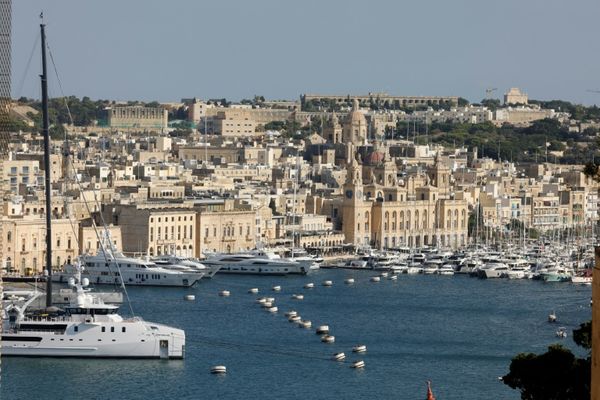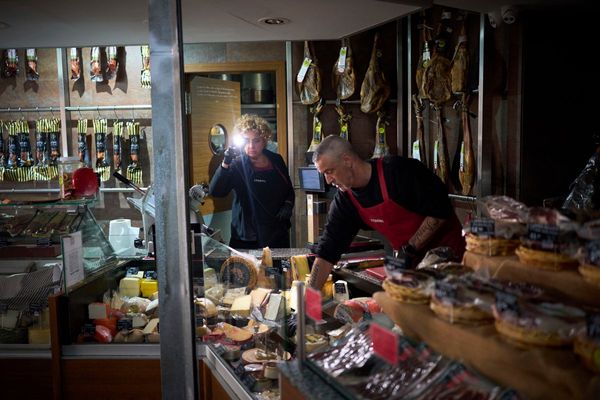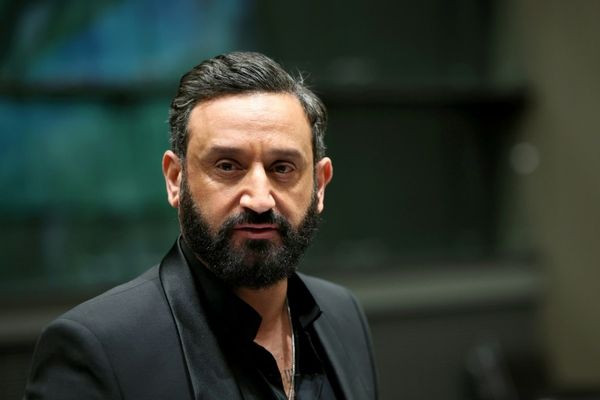
United States President Donald Trump triggered an international uproar on Wednesday after announcing new tariffs on imports to the United States. A sharp response from adversaries and allies is coming in on tariffs, including a 10% levy on imports and higher duties on goods from approximately 60 countries, including China and the European Union.
In a risky gamble that he described as a 'declaration of economic independence,' President Trump used his national emergency powers as the leader of the state to impose these tariffs. 'We will charge them approximately half of what they are and have been charging us, so the tariffs will be not a full reciprocal,' Trump said on Wednesday.
World leaders such as Italian Prime Minister Giorgia Meloni and Spanish Prime Minister Pedro Sánchez have already called for swift action, while other leaders have also expressed their concerns. UK Prime Minister Sir Keir Starmer, while addressing the parliament on Wednesday, said that the country is prepared. 'We have prepared for all eventualities -- and we will rule nothing out,' he said. However, Australian Prime Minister Anthony Albanese has slammed the new measures, saying, 'This is not the act of a friend.'
How The Neighbours Reacted
Canadian Prime Minister Mark Carney was among the first to respond and announce a countermeasure to the 'tariffs attack' by President Trump. 'We are going to protect our workers,' he said. 'In a crisis, it's important to come together and it's essential to act with purpose and with force.'

Similarly, Mexican President Claudia Sheinbaum stressed that her country will come up with 'a comprehensive program, not a tit-for-tat on tariffs.'
It's important to mention that both Canada and Mexico were notably excluded from Trump's new tariff plans. However, the previous impositions are still on the table. According to The White House press release, 'for Canada and Mexico, the existing fentanyl/migration IEEPA orders remain in effect, and are unaffected by this order.'
European Leaders Take a Stand
Meanwhile, in Europe, things have heated up since the tariff announcement. Trump, in his new plans, has slapped a 20% tariff on all imports from the EU. Many European leaders have warned that these new measures could harm not only US interests but also the global economy. 'President Trump's announcement of universal tariffs on the whole world, including the European Union, is a major blow to the world economy. I deeply regret this choice,' said Ursula von der Leyen, head of the European Union's executive arm
Spanish Prime Minister Pedro Sánchez took a firm stance, vowing that Europe would 'respond decisively' to defend its interests. 'Europe will defend itself, we will act swiftly, proportionally and with unity,' he said.
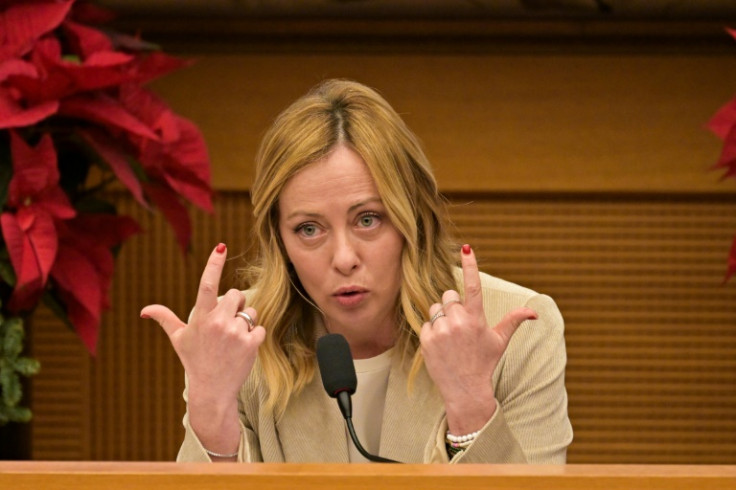
Italian Prime Minister Giorgia Meloni, who is known to be an ally of Trump, also expressed disapproval of the tariff. 'We will do everything we can to work a deal with the United States, aiming to prevent a trade war that would inevitably weaken the West in favour of other global actors,' she said.
Meanwhile, Irish Prime Minister Micheal Martin voiced similar concerns. 'My priority, and that of the government, is to protect Irish jobs and the Irish economy,' Martin said, adding that the tariffs on the EU are 'deeply regrettable.'
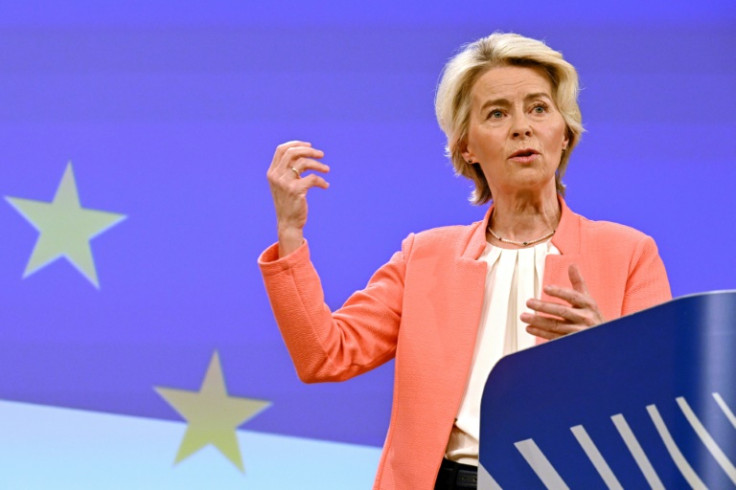
On the other hand, Swedish Prime Minister Ulf Kristersson said the new tariffs are against 'free enterprise and competition.' 'That's why Americans can listen to music on Swedish Spotify and we Swedes can listen to the same music on our American iPhones,' he said. 'This is why I deeply regret the path the U.S. has embarked upon, seeking to limit trade with higher tariffs.'
Polish Prime Minister Donald Tusk, meanwhile, said that 'adequate decisions are needed.' On his X, he wrote, 'Friendship means partnership. Partnership means really and truly reciprocal tariffs. Adequate decisions are needed.'
What's Happening in Asia?
Starting with the US's long-standing ally, India, Donald Trump announced a 26% 'discounted' and 'kind' reciprocal tariff on the country. However, he also called out the nation for unfair trade since India charges the US with 52% tariffs on US imports. 'The Prime Minister just left. He's a great friend of mine, but I said, 'You're a friend of mine, but you're not treating us right. 'They charge us 52%. We charge them almost nothing for years and years and decades,' Trump said during his announcement.
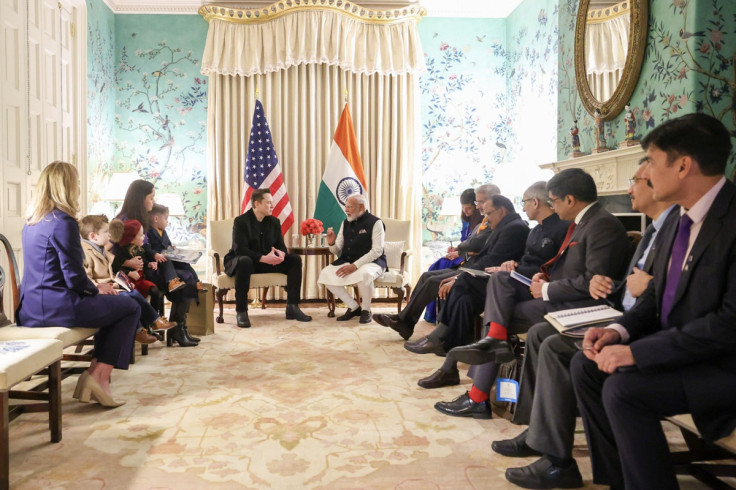
However, according to Indian officials, the announcement is 'a mixed bag and not a setback for India.'
Meanwhile, in China, the government is actively monitoring the impact. In a statement by its Commerce Ministry, the nation has made it clear that it 'firmly opposes' new tariffs and has vowed countermeasures. A ministry spokesperson said, 'There is no winner in a trade war, and protectionism leads nowhere.'
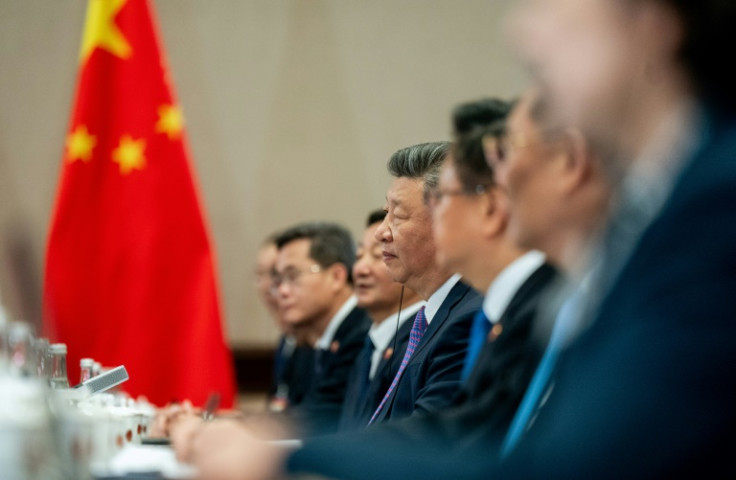
South Korea, on the other hand, has called for talks with US officials to protect the nation's economy from the impact of 25% tariff charges announced by Trump. Acting President Han Duck-soo, has asked his Industry Minister to actively monitor the situation.
'As the global trade war has become a reality, the government must pour all its capabilities to overcome the trade crisis,' Han said at a meeting with top officials.
While some nations have called for continual dialogue, others are gearing up for its impact. The focus now shifts to how these new tariff measures will hit the global trade, and its consequences are showing up as the stock market is already shaking up after the White House announcement.
